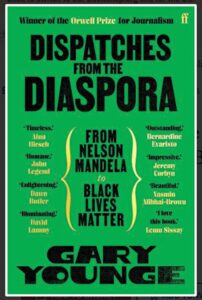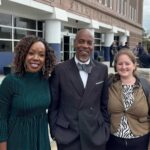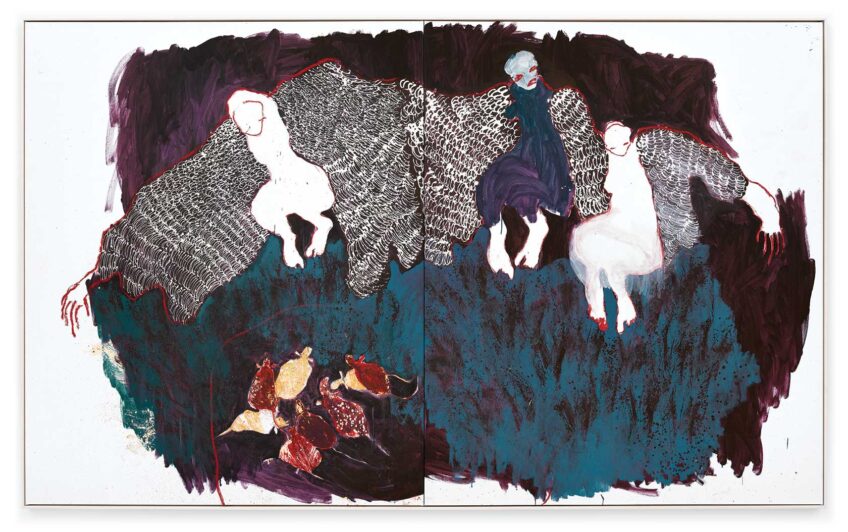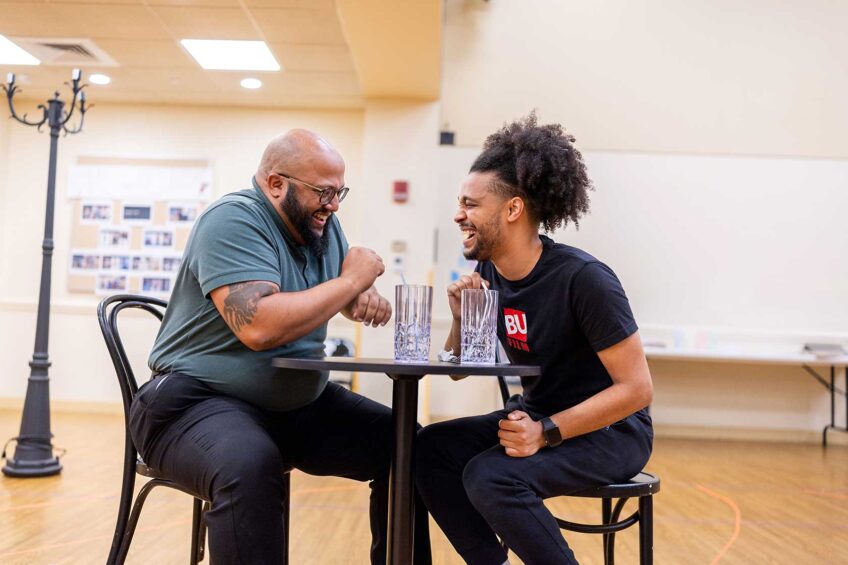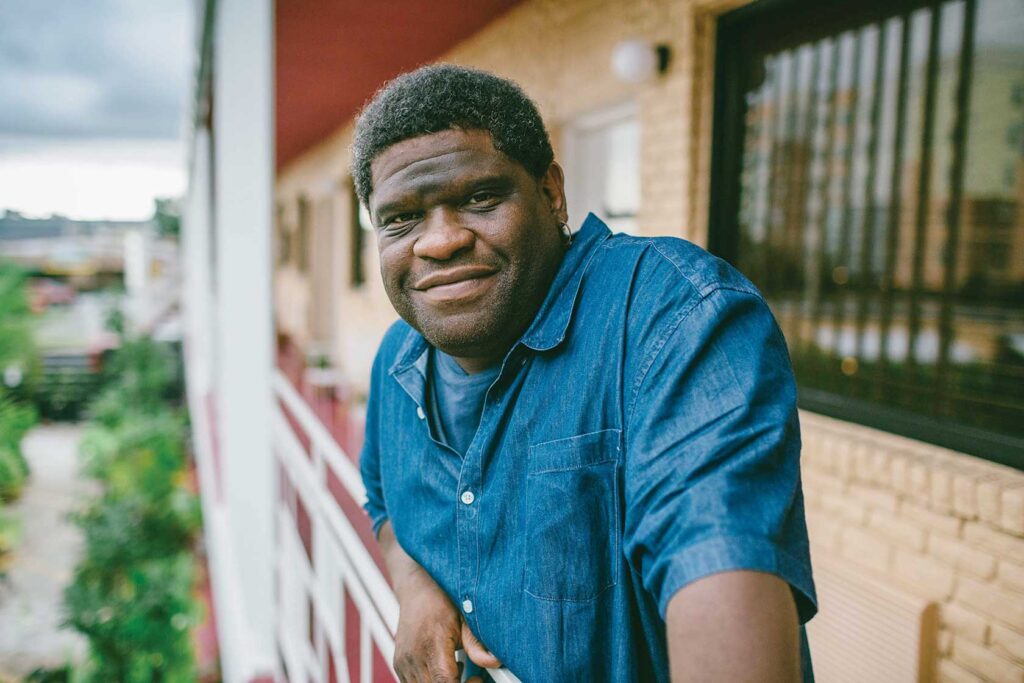
Banner Arts & Culture Sponsored by Cruz Companies
Leading British scholar Gary Younge, born to parents from Barbados, writes about Black cultural identity. His latest book, “Dispatches from the Diaspora,” published in November, examines identity “from Nelson Mandela to Black Lives Matter.” As the U.S. correspondent for The Guardian from 2003 to 2015, Younge provided original perspectives on the States. Back in England, he continues to be one of the most iconoclastic and empathic writers on matters of race. An earlier book, “Who Are We — And Should It Matter in the 21st Century?” compels readers to break free of old ways of thinking about identity. Currently a professor of sociology at the University of Manchester, he is working on a book about, “the Black presence in post-war Europe.” The Banner caught up with Younge via Zoom when he was in Chicago recently.
Banner: You write about cultural identity — what is cultural authenticity?
Younge: For something to be authentic, it would have to be grounded in truth. I shy away from the notion of authenticity, a form of fundamentalism, that there is one way to be something. And those who guard the gates of identity. To take a banal example, Italians in Italy don’t put cream in their carbonara sauce, but the fact is that it wouldn’t make them any less Italian. Because Italians have traveled, and culture evolves.
So, what then is cultural appropriation?
It’s misused quite often. The very real and important thing is cultural borrowing. Clothing from Italy, music from America, for example. No culture is an island. Borrowing is different from stealing, saying, “This is mine now.” Elvis’s songs were written by Black women; I don’t have a problem with that. I do have a problem with not acknowledging it. There’s a difference between borrowing and stealing.
And your thoughts on Eminem, a white performer, who sings, “I am the worst thing since Elvis Presley, to do Black music so selfishly, and use it to get myself wealthy.”
If you have a problem with Eminem singing rap music, then you should have a problem with Charlie Pride doing country music or Denzel Washington performing Hamlet. There is of course a responsibility that comes with borrowing: adopting, in the case of Eminem, from a less powerful group of people. The artist has to find some way to engage with the culture from which they are borrowing. Fluidity and generosity in cultural borrowing demand responsibility. It doesn’t have to be a hair shirt, but rather it’s a question of what are you giving back to the culture you’re borrowing from? It’s a problem when it’s mimicry.
Your background exemplifies identity as made up of several cultural factors.
I am the product of two people from Barbados who came to England. I grew up and was schooled in England. Then I lived in America; my partner is an African American woman from Chicago. I am a culturally blended individual. It’s a very personal journey, as it should be.
You write about the U.S. and the U.K., and from your perspective as a Black citizen and Barbadian, what are a few of the chief similarities in cultural identity between citizens in the two nations?
The main similarity is that the two countries in different ways see themselves as the pinnacle of civilization. England is obviously delusional. And both are predominantly white countries where people forget what they’ve done and where they’ve been. The main difference is that Britain is not the center of power; it just hasn’t realized it yet.
Your appreciation of the fluidity and flux of cultural identity is hopeful — change is a constant. What changes do you observe in culture the past few years?
We have all become more introspective; the constant use of social media, for example, the texting and pinging. Particularly with children who should be talking rather than engaging on social media. Sure, every generation has views of the next generation and new technology; but with dating, for example, partners used to meet at a dinner party, a bar or a cafe, now it’s through apps. This takes away serendipity. That speaks to a lot of what goes on culturally.
Finally, I wanted to ask you about your observations of Boston.
I was in Boston around 2018 or 2019, having won the J. Anthony Lukas Book Prize for my book, “Another Day in the Death of America: A Chronicle of Ten Short Lives.” It’s a book about gun violence. I thought about Malcolm X growing up in Boston, and my impression was that Boston is a hard place. Then, too, the role of the Irish here differs from England. The Irish were the most supportive of Black rights in England because of the way they were treated by the English. We have a phrase in England: “It’s very Marmite” (Marmite is a thick, yeasty spread, and it’s got a very strong taste). You either love it or hate it. Boston seems like a place where that phrase applies: “It’s very Marmite.”


